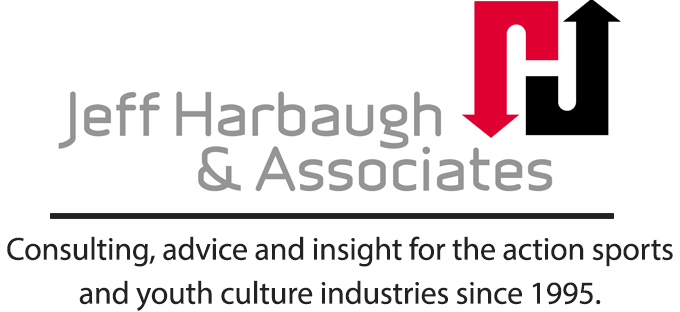Never Summer’s and Mervin Manufacturing’s Little Patent Brouhaha
I guess I should start by admitting that I’m not an expert on snowboard technology, and I don’t have a strong opinion (any opinion, actually) on which kind of camber is best and I don’t know who made which claim first. I also haven’t read, and don’t intend to read, the patents. I figure I suffer enough just having to read the public company’s SEC filings.
Having followed some of the discussion on various web sites, it’s clear that you don’t have to know all that much to have an opinion. But I’m going to cleverly stick to history, marketing and industry strategy. Those are subjects which I do know something about in this industry, or at least it’s hard to prove that I don’t.
Let’s start with a little history. Months and months ago, before my new web site was up and running, I posted an article on Facebook that talked about alternative camber and my personal experience with it. It also included some information from an interview with Mervin’s Mike Olson. It might give you some perspective on what’s going on and you can view it here.
Meanwhile, I’d like to remind you that I’ve said from time to time, “What’s the Goal? Begin With the End in Mind.” What’s the goal for Mervin and Never Summer in this dispute? It’s not to see who can spend the most in legal fees. It’s not to beat the other one in court and have their patent proclaimed the winner. The goals are to build their respective businesses, earn a return for their shareholders and grow snowboarding by making it easier and more attractive to learn and participate in.
How does a business do that? At least in snowboarding, we can say that having the best patented technology first is no guarantee of success (see the above referenced article). I’d argue that’s also true in skateboarding and surfing. Not to mention in software, semiconductors and most any industry you can name. First off, it’s the consumer who decides what’s “best” and they can sometimes have a different perception of our innovations, technologies, and patents than we in the industry do. Second, companies in this industry have spent a lot of time and a truly unbelievable amount of money creating their brands’ market position and image in the hope that the consumer will purchase their branded product based on that image. Even with a patented innovation, a consumer may go with a brand image. Because, let’s face it; there’s no bad snowboard product out there anymore.
We all talk to each other too much. This, like all industries, is a bit incestuous. Too much of the discussion, perhaps because a confrontation is so intriguing, seems to be around whose patent is better, who’s got the best lawyers, and who might “win.” I really hope it doesn’t come to that.
As two niche brands with long histories and both making product in the U.S., Never Summer and Mervin have a lot in common. Mervin, owned by Quiksilver has done very well the last couple of years. I imagine, given Quik’s situation, that Mervin is under some pressure to grow and I hope that doesn’t impact the resolution of this dispute. Never Summer, because of its reputation for quality and long standing control of distribution is also in good shape. I’m hoping Mervin and Never Summer don’t get caught up in the partially industry generated controversy and forget to ask how this technology can best serve the snowboarders to the benefit of both companies and the industry. There must be a royalty or cross licensing agreement or something somewhere in our future.
I know it’s business, and I don’t want to sound naïve. I don’t know who’s “right” and who’s “wrong” but I am pretty sure the interests of both companies and the industry are served by a deal.
I read Transworld Business’s excellent interviews with Mervin’s Mike Olson and Never Summer’s Tracey Canaday (you can read them here) and was stunned to hear they’d never met each other. I lived in Ireland for two years and learned that there’s nothing that can’t be settled at the pub. I’d be happy to introduce you two and help you make a deal. I work for beer and I’m hopeful this isn’t more than a four or five pint problem.



